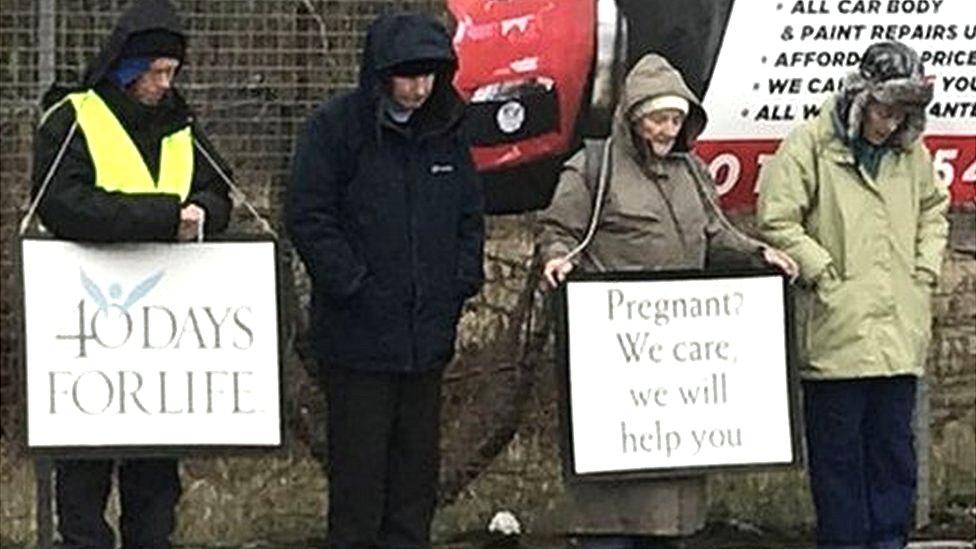SNP reprimands MSP John Mason over anti-abortion protest
- Published
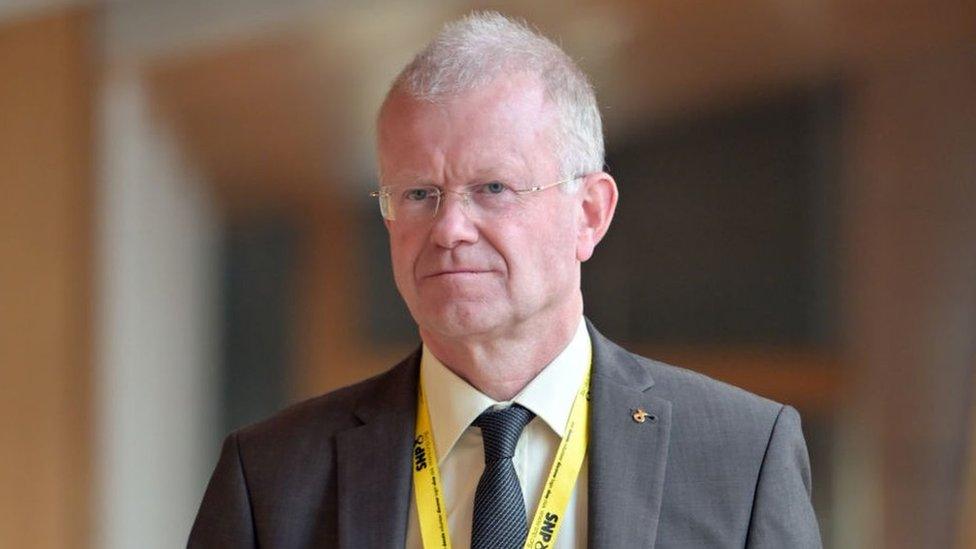
John Mason said he believed abortion was "seldom essential or vital"
An SNP MSP has been disciplined for defending anti-abortion protests outside clinics.
Glasgow Shettleston MSP John Mason received the written warning from his party at Holyrood, BBC Scotland understands.
It said he was being censured for causing distress and trauma to women in the way he expressed his views on abortion rights, but not for his views or his faith.
Mr Mason has declined to comment.
The letter was sent days after First Minister Nicola Sturgeon hosted a summit in June about the possible introduction of buffer zones to prevent protests outside abortion clinics and hospitals.
It stated: "Your lack of sensitivity especially in the current context has been noted.
"Your behaviour and conduct have been extremely disappointing, and we believe that you have brought the parliamentary group into disrepute."
The letter from MPs Stuart McMillan and Gordon MacDonald, dated 29 June, continued: "We would like to make it clear that we absolutely respect your right to hold your views on abortion and your right to freedom of speech and expression. We do not, however, believe that you have the right to impose these views on others.
"The verbalisation of your views has caused great distress and trauma to many women and have also been regarded as misinformation by medical professionals.
"As you know, the first minister has committed to exploring all possible options to ensure safe access zones for women and girls accessing healthcare."
They wrote that the warning would stay on file for 24 months, "during which time there must be no further breaches".
Mr Mason has previously said clinics "push abortion without laying out the pros and cons".
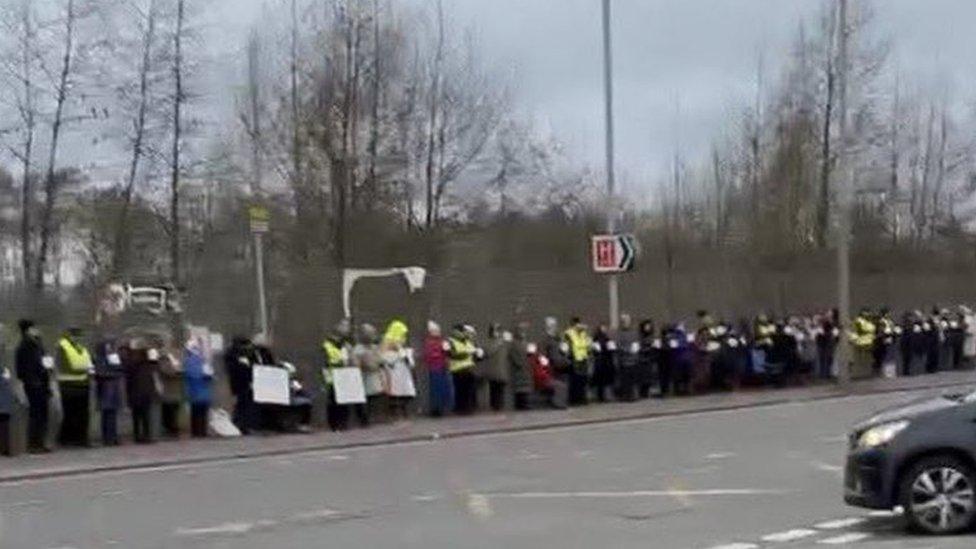
Anti-abortion group 40 Days for Life organised a demonstration outside the Queen Elizabeth University Hospital in April
At some vigils in Glasgow earlier this year, activists were seen holding signs saying "women do regret abortion", among other slogans.
In a post on Twitter in May, Mr Mason said: "Surely these signs are very gentle and offering help?"
He added: "I do not see anything hateful or harassing about these signs."
In an email to campaign group Back Off Scotland - which seeks to implement buffer zones around abortion providers to protect patients - Mr Mason said at the time he had attended one of the events to speak to people there, and added that he believed abortion was "seldom essential or vital".
Consultant paediatric radiologist Dr Greg Irwin, one of 76 doctors who signed a letter from Back Off in April calling for buffer zones for women accessing reproductive healthcare, previously said he was seriously concerned about protests.
He said: "We know first-hand how distressing this harassment is for our patients, which makes it infuriating for us as clinical staff to have to pass these groups day in, day out.
"These women may well be feeling vulnerable and upset. They should not have to put up with judgement or intimidation outside our hospital."
- Published27 June 2022
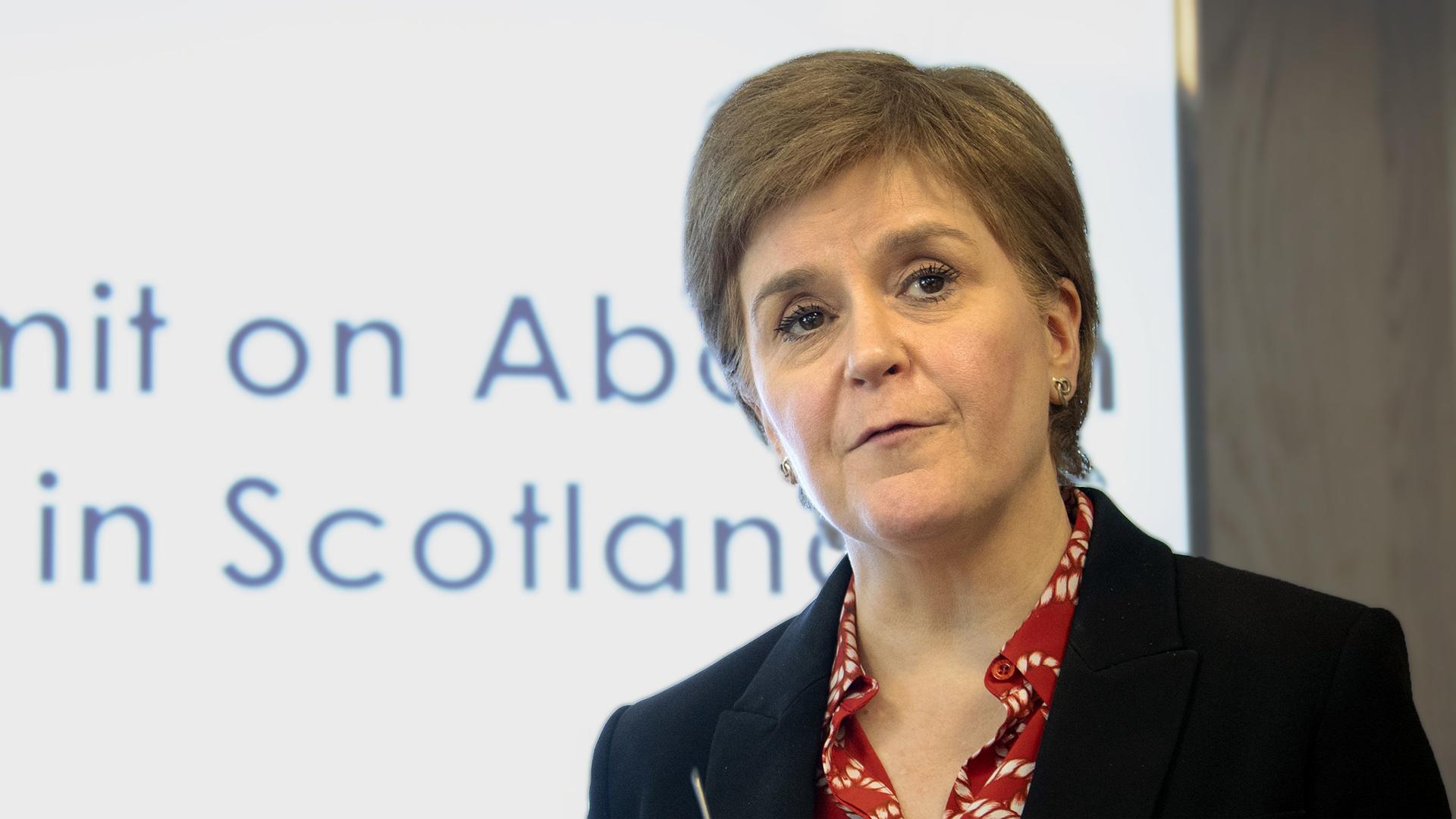
- Published24 April 2018
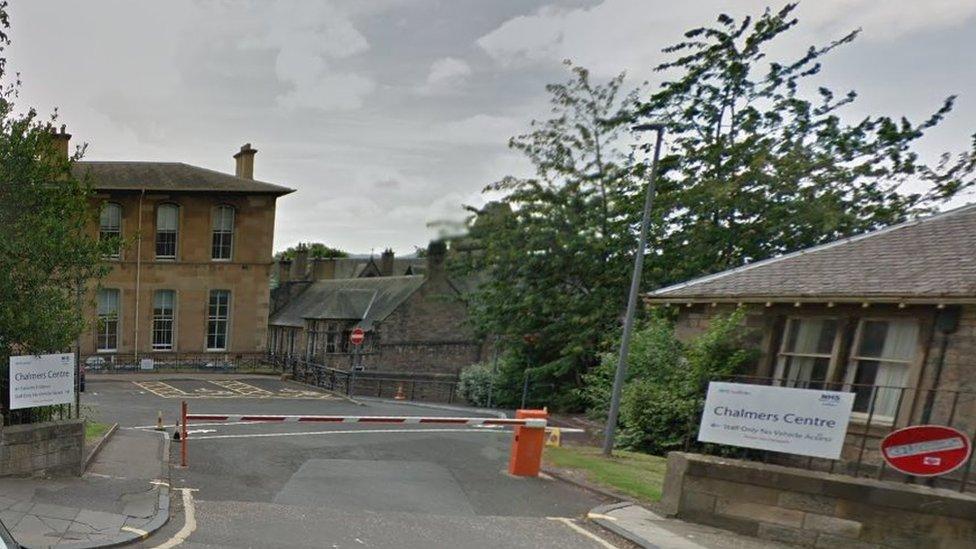
- Published23 March 2019
